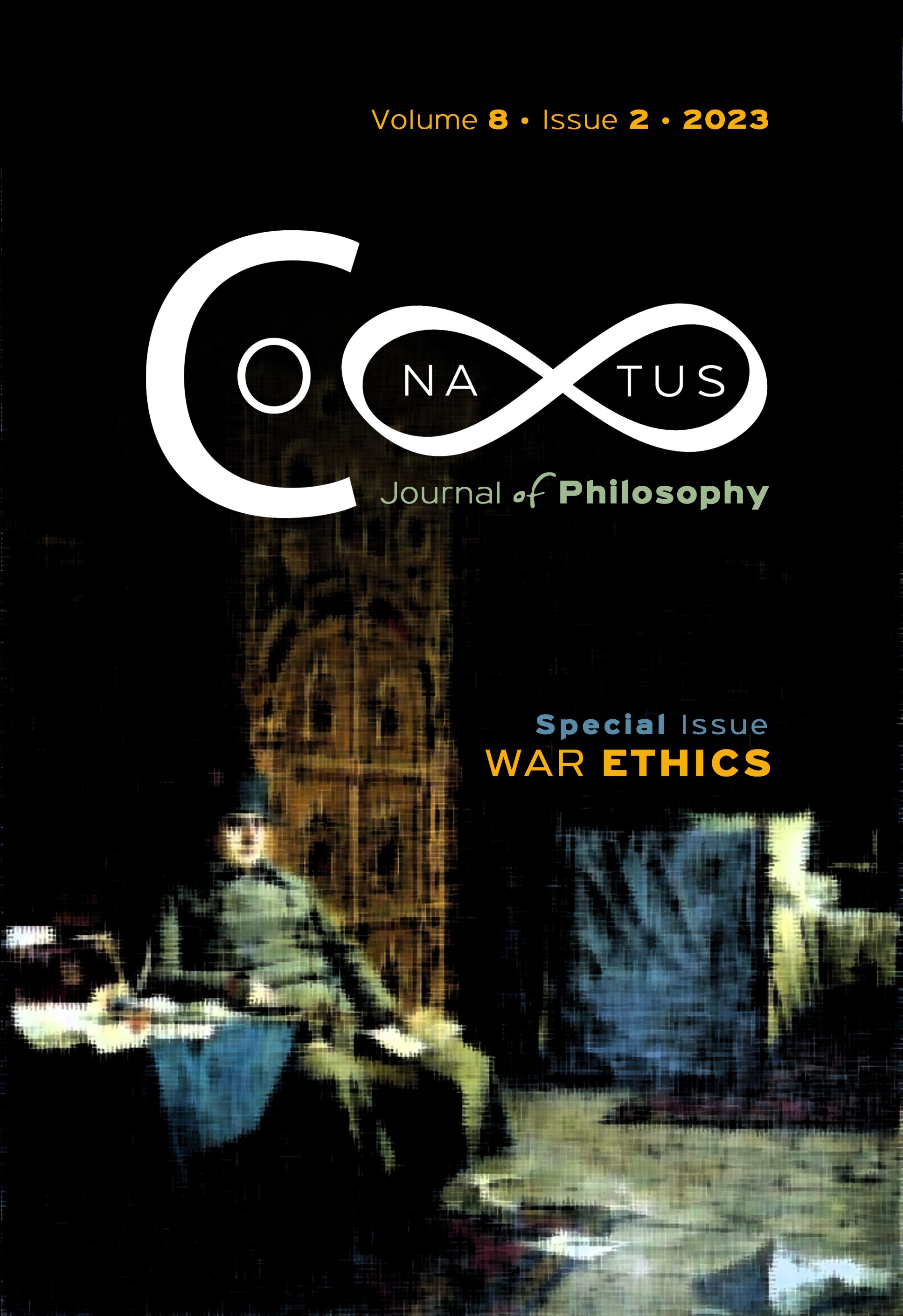Environmental Ethics of War: Jus ad Bellum, Jus in Bello, and the Natural Environment

Abstract
The conduct of hostilities is very bad for the environment, yet relatively little attention has been focused on environmental military ethics by just war theorists and revisionist philosophers of war. Contemporary ecological concerns pose significant challenges to jus in bello. I begin by briefly surveying existing literature on environmental justice during wartime. While these jus in bello environmental issues have been addressed only sparsely by just war theorists, environmental jus ad bellum has rarely been tackled within JWT or the morality of war. In line with the theme of this special issue, I focus my discussion of war and the natural environment primarily on the jus ad bellum level. I set out with the presumption against the use of force, and its possible exceptions. The principal question raised is whether environmental harm can trigger a new justification for war. Beyond just cause, I consider what might be a proportionate response to “environmental aggression,” or negligent harm to nature. The use of force is clearly justified in response to military attacks, against the natural environment or otherwise. Where harm to nature or its inhabitants are not caused by military aggression, just war theory criteria point in favor of responding via measures short of war. Finally, I suggest that responding by means that are not themselves harmful to nature serves to fulfill the further jus ad bellum criterion of “right intention.”
Article Details
- How to Cite
-
Meisels, T. (2023). Environmental Ethics of War: Jus ad Bellum, Jus in Bello, and the Natural Environment. Conatus - Journal of Philosophy, 8(2), 399–429. https://doi.org/10.12681/cjp.35267
- Section
- Articles
- Categories

This work is licensed under a Creative Commons Attribution-NonCommercial 4.0 International License.
Authors who publish with this journal agree to the following terms:
Authors retain copyright and grant the journal right of first publication with the work simultaneously licensed under a Creative Commons Attribution Non-Commercial International License (CC BY-NC 4.0) that allows others to share the work with an acknowledgement of the work's authorship and initial publication in this journal.
Authors are able to enter into separate, additional contractual arrangements for the non-exclusive distribution of the journal's published version of the work (e.g. post it to an institutional repository or publish it in a book), with an acknowledgement of its initial publication in this journal.
Authors are permitted and encouraged to post their work online (preferably in institutional repositories or on their website) prior to and during the submission process, as it can lead to productive exchanges, as well as earlier and greater citation of published work.





